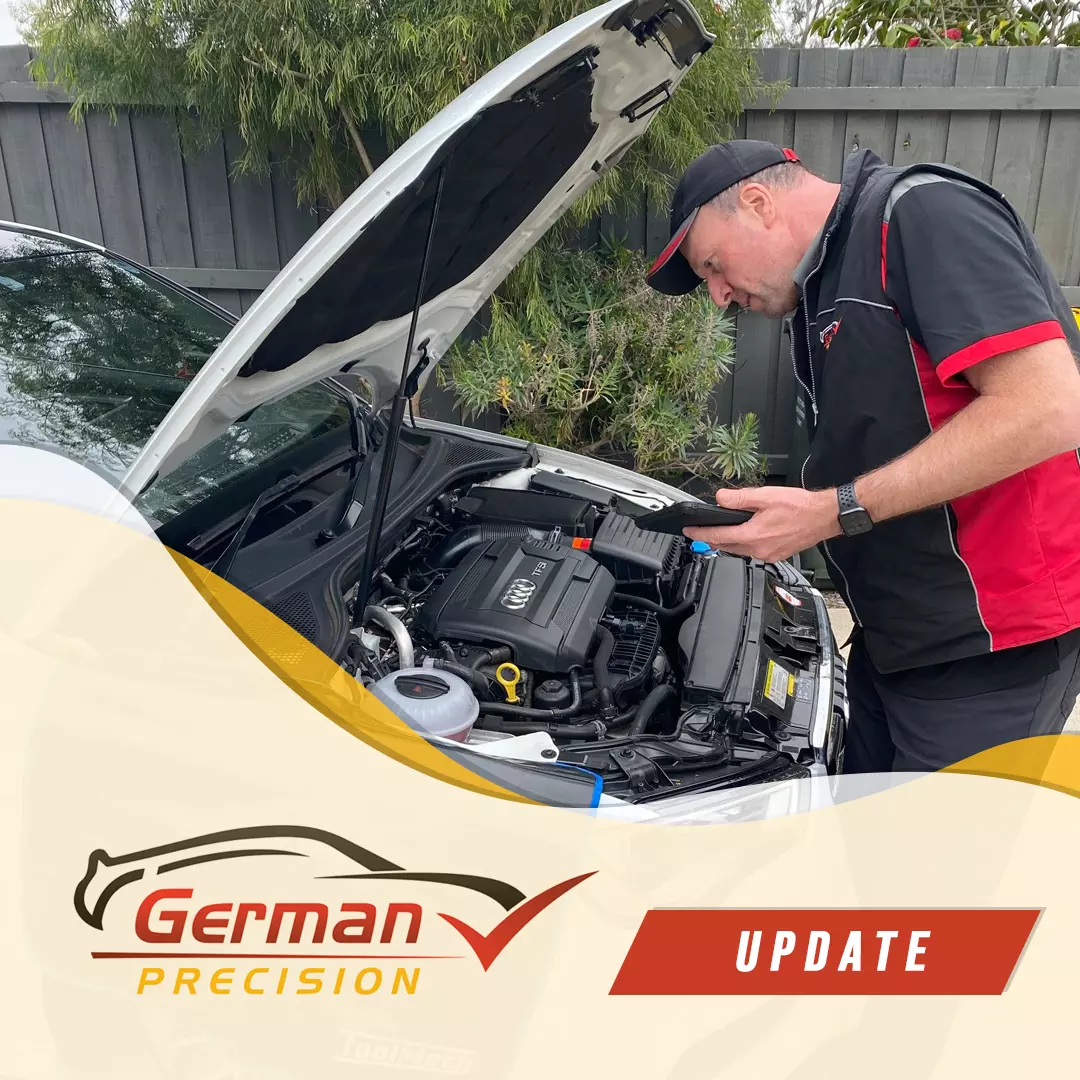When buying a car, whether it’s near-new or pre-owned, one of the most important steps to save money in the long run is getting a detailed car inspection. While it might seem like an added expense, a professional inspection can uncover hidden problems that could cost you thousands in future repairs.
Why Should You Get a Car Inspection?
A car inspection is an essential step that can help avoid hidden costs. Without it, minor problems can quickly turn into expensive repairs. You might think a vehicle is in perfect condition based on a brief look or test drive, but only an expert can give you a complete assessment.
The Hidden Costs of Not Getting a Car Inspection
Skipping a professional inspection could end up costing you far more than you expect. Here’s why:
Unexpected Car Repairs Can Be Expensive
Repair bills can rise quickly if problems are left unchecked. Something as simple as a fluid leak can lead to major engine damage, which will be costly to fix. A car inspection can catch these issues before they become too expensive.
Common Problems Found During Inspections
A mechanic checks critical areas that can be costly to repair if overlooked, including:
- Engine Problems: Small leaks or engine issues that could turn into expensive fixes.
- Transmission Issues: Often expensive to repair, especially if the problem goes undetected.
- Brakes and Suspension: Critical for safety, but repairs can be costly if neglected.
How a Car Inspection Can Save You Money
A detailed car inspection helps identify potential problems early on. Catching issues before they escalate allows you to address them in time and avoid larger repair bills.
Early Detection of Expensive Issues
Common problems, like worn-out brake pads or minor fluid leaks, might seem harmless at first. However, without addressing them, they can turn into costly repairs. For example, a minor transmission issue could cost thousands to fix if not caught early.
Critical Areas Inspected
Some of the most expensive areas to repair are:
- Engine: Inspections check for leaks, wear, and other issues.
- Transmission: Early detection of issues can save a lot of money.
- Electronics; Faults in the numerous vehicle electronic systems can be a nightmare.
- Brakes: Faulty brakes are not only expensive but dangerous.
By inspecting these areas, a professional can catch issues before they become major problems.
Benefits Beyond Just Saving Money
While saving money is a major benefit, car inspections offer additional advantages, such as peace of mind and higher resale value.
Peace of Mind and Confidence
Having a professional inspect your car gives you confidence that you’re making an informed decision. You’ll know exactly what condition the car is in and whether it’s a smart investment.
Increased Resale Value
If you plan to sell or trade in the car later, having a clean inspection report can increase the resale value. Buyers will be more confident in the vehicle’s condition, which makes it easier to sell.
What Does a Professional Car Inspection Cover?
A thorough car inspection goes well beyond a simple look-over. It includes:
Visual and Functional Inspections
The exterior and interior of the car are checked for any damage, rust, or wear. The mechanic also checks that all critical systems, like the lights and air conditioning, are working properly.
Under-the-Bonnet Check
Mechanics will examine the engine, transmission, interior, under car, electricals and other essential components to check for leaks, wear, faults and damage.
When Should You Get a Car Inspection?
It’s important to get a car inspection at the right times to maximize its benefits.
Pre-Purchase Inspections for Used Cars
If you’re buying a used car, always get an inspection before committing. Even if the car looks fine, a professional can uncover hidden problems that could cost you after the purchase.
Routine Inspections for Older Cars
If you already own a car, getting regular inspections is just as important. Routine check-ups help keep your car running smoothly and prevent minor issues from becoming big problems. That’s why proper servicing is so important.
Conclusion: Protect Your Investment with a Car Inspection
A detailed car inspection is a small price to pay to avoid expensive, unexpected repairs down the road. It’s a proactive way to ensure the car you’re buying or currently driving is in good condition, giving you peace of mind and saving you money. Always invest in a professional inspection to keep your car safe, reliable, and cost-effective.
At German Precision, we specialise in servicing BMW, Audi, VW, Mercedes, and more—ensuring your vehicle lasts longer and performs better in Aussie conditions.
👉 Visit germanprecision.com.au to get started!
FAQs
- Why is a car inspection important before buying a used car?
A car inspection is essential for uncovering hidden problems that may not be visible to the untrained eye. This ensures you’re not stuck with costly repairs after purchase.
- How much does a car inspection cost?
The cost of a car inspection can vary, but it is generally an affordable investment compared to the potential cost of future repairs. It’s typically in the range of $375 to $400.
- How long does a car inspection take?
A typical car inspection takes about 1.5-2 hours. However, it may take longer if the car has more complex issues.
- What parts of the car are inspected?
A thorough inspection includes checks on the engine, transmission, brakes, suspension, exhaust system, electrical components, interior, under car and much more.
- Can I trust a mechanic to give an honest inspection?
Yes, reputable mechanics provide thorough and honest inspections. It’s important to choose a trusted, experienced service provider.
- Can an inspection report help with negotiation?
Yes! If the inspection uncovers issues, you can use this report to negotiate a lower price or request the seller to fix the problems before finalizing the sale.

